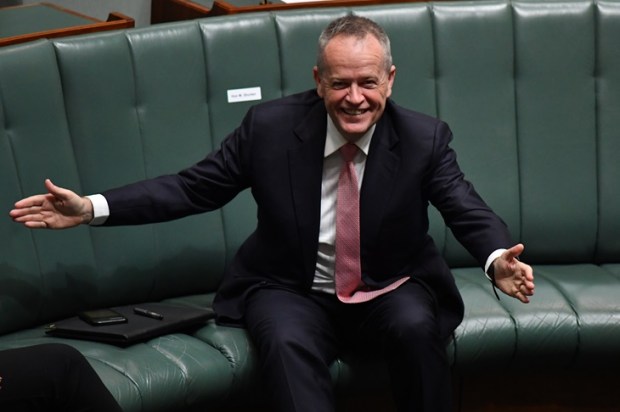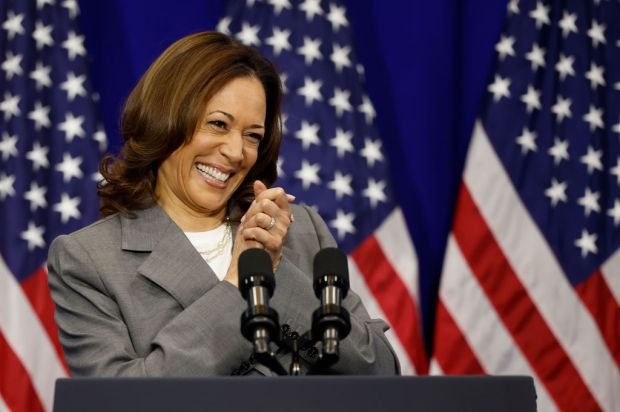The end of the pandemic is in sight. After two years of lockdowns, border closures, curfews and mask mandates, Australians are finally regaining the freedoms many us once took for granted.
But just as governments throughout history have held on to increased power following wars and financial crises, some state political leaders – such as Victoria’s Daniel Andrews – are desperately clinging to the powers they’ve used during the pandemic.
Earlier this week, the Andrews Government introduced the Public Health and Wellbeing Amendment (Pandemic Management) Bill 2021.
Already a subscriber? Log in
Subscribe for just $2 a week
Try a month of The Spectator Australia absolutely free and without commitment. Not only that but – if you choose to continue – you’ll pay just $2 a week for your first year.
- Unlimited access to spectator.com.au and app
- The weekly edition on the Spectator Australia app
- Spectator podcasts and newsletters
- Full access to spectator.co.uk


























Comments
Don't miss out
Join the conversation with other Spectator Australia readers. Subscribe to leave a comment.
SUBSCRIBEAlready a subscriber? Log in